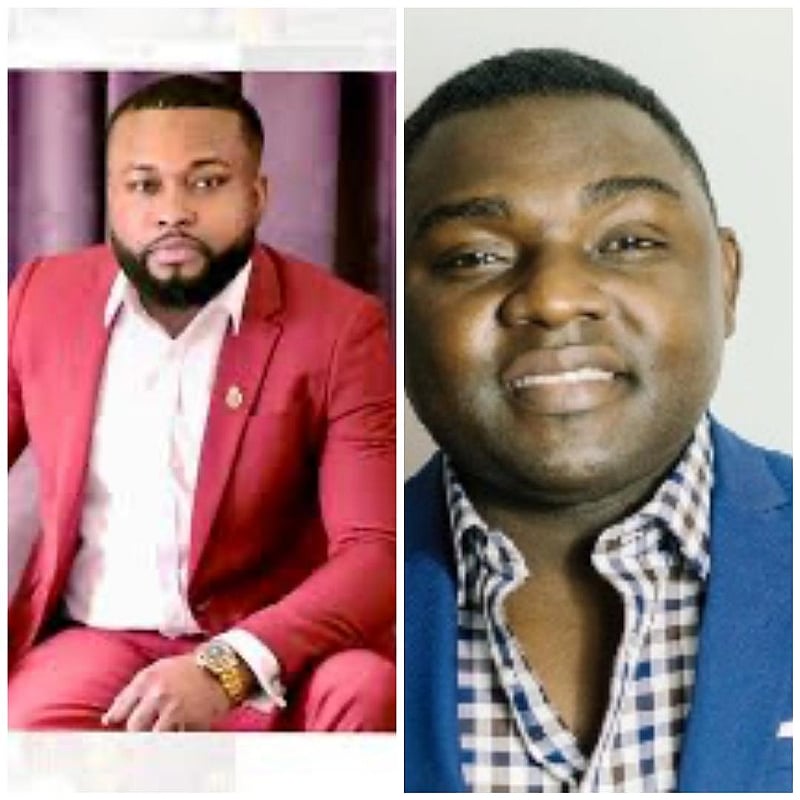The Ghanaian media landscape has been shaken by a high-profile defamation lawsuit filed against US-based Ghanaian commentator, Kevin Taylor, by Dr. Williams Anarfi, a licensed Medical Herbal Officer. The lawsuit, filed in the Accra High Court, alleges a deliberate and malicious smear campaign orchestrated by Taylor against Dr. Anarfi through his media platform, Loud Silence Media. The accusations paint a picture of a sustained attack on Dr. Anarfi’s reputation and livelihood, involving the dissemination of false information and the incitement of violence. This case has ignited a national conversation about media responsibility, accountability, and the potential ramifications of unchecked misinformation in a democratic society.
Dr. Anarfi’s legal team contends that Taylor’s actions constitute a grave violation of his rights and pose a significant threat to the integrity of Ghana’s institutions. They argue that Taylor, through his platform, has weaponized misinformation, causing irreparable damage to Dr. Anarfi’s professional standing and personal life. The lawsuit seeks substantial damages for defamation, incitement, and the deliberate spread of false information. At the heart of the case is the question of journalistic ethics and the responsibility of media figures to uphold the principles of truth and accuracy, particularly in a politically charged environment.
The core of Dr. Anarfi’s complaint centers around the alleged dissemination of fabricated accusations and the subsequent incitement of violence against him. The lawsuit details specific instances where Taylor allegedly used his platform to spread false and defamatory claims, thereby jeopardizing Dr. Anarfi’s safety and well-being. The severity of the accusations underscores the potential consequences of unchecked online rhetoric and the increasing need for mechanisms to combat the proliferation of misinformation. This legal battle is not just about the personal grievances of Dr. Anarfi; it has become a symbol of the larger struggle against the damaging effects of online defamation and the misuse of media platforms.
The lawsuit has drawn significant public attention in Ghana, prompting discussions about the role and responsibilities of media practitioners in the country. Many observers see this case as a critical test of Ghana’s legal framework and its ability to effectively address the rising tide of online defamation. The outcome of this case could potentially set a significant precedent for future defamation claims in Ghana and serve as a wake-up call for greater accountability within the media landscape. The public discourse surrounding the lawsuit highlights the growing concern about the unchecked power of online platforms and the potential for them to be used to spread harmful and misleading information.
The case also brings into sharp focus the broader implications of misinformation and its potential to undermine democratic processes and societal stability. Dr. Anarfi’s legal team argues that Taylor’s actions are not merely an attack on an individual but represent a broader assault on the very foundations of Ghana’s democracy. They claim that Taylor’s behavior erodes public trust in institutions and fuels societal divisions. The lawsuit, therefore, carries significant weight, as its outcome could have far-reaching consequences for the regulation of online speech and the protection of individuals from malicious online campaigns.
As the case progresses, it will undoubtedly be closely scrutinized by legal experts, media professionals, and the Ghanaian public alike. The court’s decision will have significant implications for the future of media freedom and accountability in Ghana. While Kevin Taylor has yet to publicly address the lawsuit, the allegations against him raise fundamental questions about the ethical responsibilities of media practitioners and the urgent need to combat the spread of misinformation. The Accra High Court, in its deliberation, will be tasked with balancing the fundamental right to freedom of expression with the need to protect individuals from defamation and the harmful consequences of false information.


